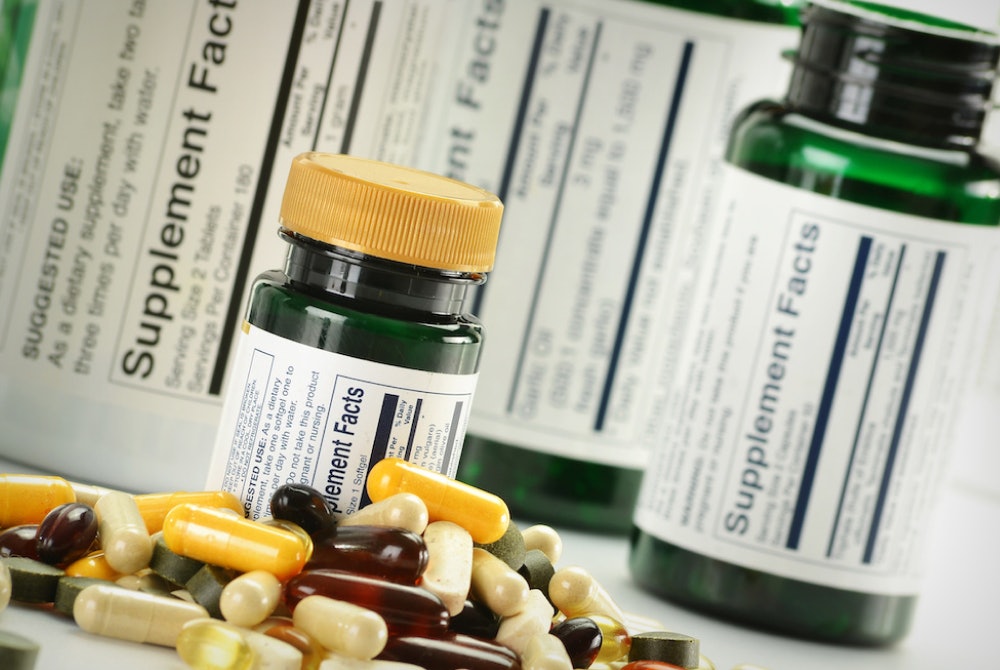Are Oral Supplements Safe to Consume?
Are Oral Supplements Safe to
Consume?
The answer to are oral supplements safe to consume is a bit complicated. In
general, there is not much evidence that dietary supplements offer health benefits,
and the vast majority of dietary supplement products on the market have not been
well tested asialogue. In addition, some dietary supplements can interfere with prescription
medications and medical treatments.
It is also important to note that the long-term use of high dose vitamins or minerals
can be harmful, as they may result in toxicity symptoms https://asialogue.com/news/introducing-the-power-of-cell-. This is why it is important
to speak with a doctor or registered dietitian before taking any dietary supplements,
especially long-term or high-dose ones.
Many people take dietary supplements to improve their diet or to address specific
health concerns. For example, folic acid is often taken as a prenatal vitamin because
it reduces the risk of certain birth defects, including neural tube defects, such as
spina bifida. Other supplements, such as omega-3 fatty acids, are commonly used to
prevent heart disease and stroke. In fact, however, research has not consistently
shown that most dietary supplements provide any health benefits and some may
even be harmful.
Dietary supplements are a large business and some manufacturers make
unsupported claims about their products’ benefits. In the US, the Food and Drug
Administration (FDA) regulates dietary supplements, but it does not review all of the
data on these products. As a result, only a small percentage of supplements are
ever recalled. FDA-regulated products are required to have a “Supplement Facts”
panel that lists the ingredients, amount of each ingredient per serving, and other
information, but manufacturers can add claims such as “proven to increase energy”
or “help prevent illness.”

Before you decide to buy any dietary supplements, talk with your doctor. He or she
can tell you which dietary supplements are most valuable for your specific health
situation and which to avoid. He or she can also check whether a supplement you’re
considering interacts with any medicines you’re taking.
Be wary of buying dietary supplements over the Internet because most sellers have
a commercial interest in selling their products. Search for noncommercial sites that
have been reviewed by experts. Look for seals of quality from organizations such as
the Natural Medicines Comprehensive Database Consumer Version and U.S.
Pharmacopeia, or check out the FDA’s list of recalled dietary supplements.
The FDA has established good manufacturing practices that dietary supplement
manufacturers must follow to help ensure the identity, purity, strength, and
composition of their products. In addition, the FDA inspects dietary supplement
manufacturers to ensure that they follow these standards.
If you or a family member has had a problem with a dietary supplement, it is
important to report it to the FDA. This will help the FDA identify potentially
dangerous products and remove them from the market. You can report a problem
with a dietary supplement by calling 1-800-FDA-1088 or using the online reporting
system. You can also send a letter to the FDA.

